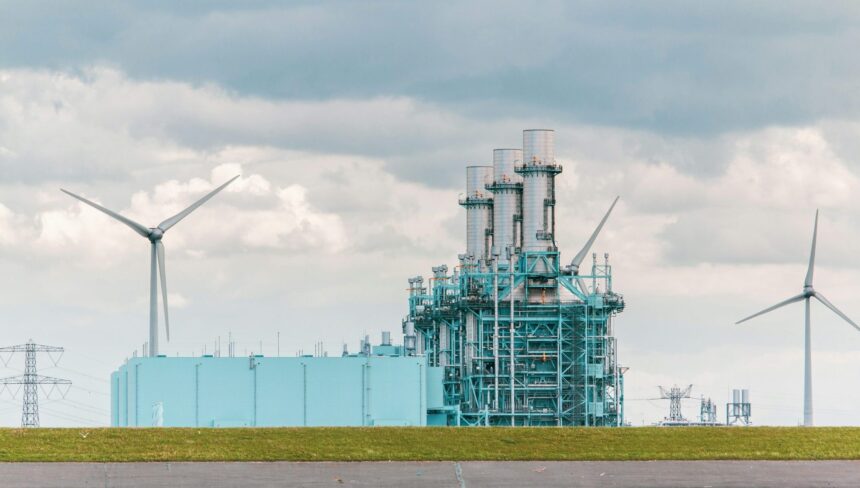Summary by Geopolist | Istanbul Center for Geopolitics:
Greater Asia has emerged as a leading force in the evolving global energy transition, increasingly able to shape its own path without relying on external powers like the European Union and the United States. Spanning a vast territory from Japan in the east to the Arabian Peninsula in the west and from Russia in the north to Australia in the south, the region is extremely diverse in terms of political and economic systems. Despite this diversity, countries across Greater Asia have intensified cooperation, creating new alliances and deepening bilateral ties, which are shifting the balance of global economic and energy relationships. This trend marks a departure from decades of Western-led dominance in technology development, climate policy, and energy exploration.
A key driver of this transformation is resource nationalism and the monopolization of critical raw materials, particularly by China. This “geopoliticisation” of the energy sector includes competition for essential resources, the risk of militarization around supply routes, and the proliferation of large-scale, often state-led energy projects. Nuclear power—especially in the form of small modular reactors—features prominently in the region’s plans, though it raises questions about fuel supplies, waste management, and future dependencies.
The region’s agenda also reflects a pragmatic focus on climate adaptation rather than mitigation for its own sake, tying clean energy to more immediate priorities such as energy security, job creation, and economic development. Asia’s internal cooperation contrasts with a skepticism toward external actors and security approaches—whether Western-led or otherwise—illustrating a divergence from European perspectives on trade, regulation, and alliances.
For Germany and the EU, these developments pose a challenge to their diminishing influence. The article concludes that European climate diplomacy should pivot to providing tangible benefits—such as technology transfer, financing for climate adaptation, and diversified partnerships—while adopting a more respectful, less paternalistic stance. The ultimate goal is to remain relevant by aligning with Asia’s priorities: ensuring energy security, boosting economic growth, and supporting a pragmatic path toward clean energy.
Read more here.







